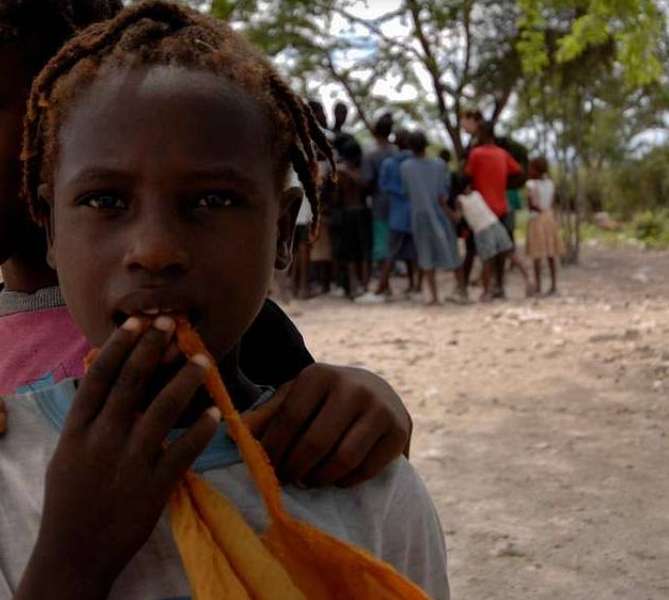Forced Repatriation to Haiti: Challenges Faced by Returnees
The escalating gang violence in Haiti has created a humanitarian crisis of immense proportions, forcing the nation into a state of near collapse and rendering it increasingly perilous for its citizens, particularly the most vulnerable. The gangs’ stranglehold on key roadways has crippled the distribution of essential goods, including food, leading to widespread malnutrition and posing a life-threatening risk to countless children. The nation is teetering on the brink of famine, with millions reliant on humanitarian aid simply to survive. This desperate situation is further exacerbated by the ongoing political instability and economic turmoil that have plagued the country for years.
The mass deportations from the Dominican Republic have dramatically compounded the crisis, adding another layer of suffering to an already overwhelmed population. Thousands of Haitians, many of whom have spent decades building lives and families in the Dominican Republic, are being forcibly returned to a nation they barely recognize, a land gripped by violence and deprivation. These deportees, like Miriam, who was sent back after nearly thirty years, are often left stranded and disoriented, with little support and no clear path forward. They are thrust into a chaotic environment where basic necessities like food, water, and shelter are scarce, and the threat of violence is ever-present. Their stories are poignant testaments to the human cost of political upheaval and social breakdown.
The stories of Miriam, Guerson, and Roselène exemplify the plight of these deportees. Miriam’s sudden arrest and deportation shattered her life, forcing her to return to a homeland she had left as a child. Guerson and Roselène, a couple with a young son, were ripped from their stable life in the Dominican Republic and thrust into the chaos of Haiti, facing an uncertain future with limited resources. These families, and thousands like them, are struggling to survive in a nation ravaged by gang violence and widespread poverty. They arrive in Haiti with little more than the clothes on their backs, traumatized by their forced removal and facing an uncertain and often dangerous future.
The scale of this humanitarian crisis is staggering. Over 200,000 Haitians were deported in 2024, with the vast majority originating from the Dominican Republic. Nearly 15,000 were expelled in the first two weeks of January alone, highlighting the rapid acceleration of these deportations. These individuals are returning to a nation where over 700,000 people have been internally displaced by violence. They are forced to seek refuge in abandoned buildings, often lacking access to basic necessities and living in constant fear. Nearly half of Haiti’s population, a staggering 5.5 million people, are now dependent on humanitarian aid for survival.
Despite the overwhelming challenges, organizations like the International Organization for Migration (IOM) and the Haitian group GARR are working tirelessly to provide vital assistance to these vulnerable populations. They offer immediate support, including psychological care, healthcare services, and essential supplies like food, clothing, and hygiene products. They also provide temporary shelter to the most vulnerable, offering a brief respite from the harsh realities of life on the streets. For unaccompanied children, these organizations prioritize reunification with family members, while survivors of gender-based violence receive specialized care to address their unique needs. Haiti’s National Migration Office (ONM) plays a crucial role in registering returnees and assessing their needs, facilitating the provision of targeted support.
However, the future remains precarious for the vast majority of these deportees. While many harbor hopes of returning to the Dominican Republic, their immediate priority is simply survival. They face the daunting task of rebuilding their lives in a nation grappling with unprecedented challenges. The stories of individuals like Guerson, who expresses his determination to find work to support his children despite the overwhelming uncertainty, underscore the resilience of the Haitian people in the face of adversity. The international community faces a critical responsibility to support Haiti in addressing this humanitarian crisis, providing not only immediate aid but also long-term solutions to promote stability, security, and sustainable development.
Share this content:












Post Comment